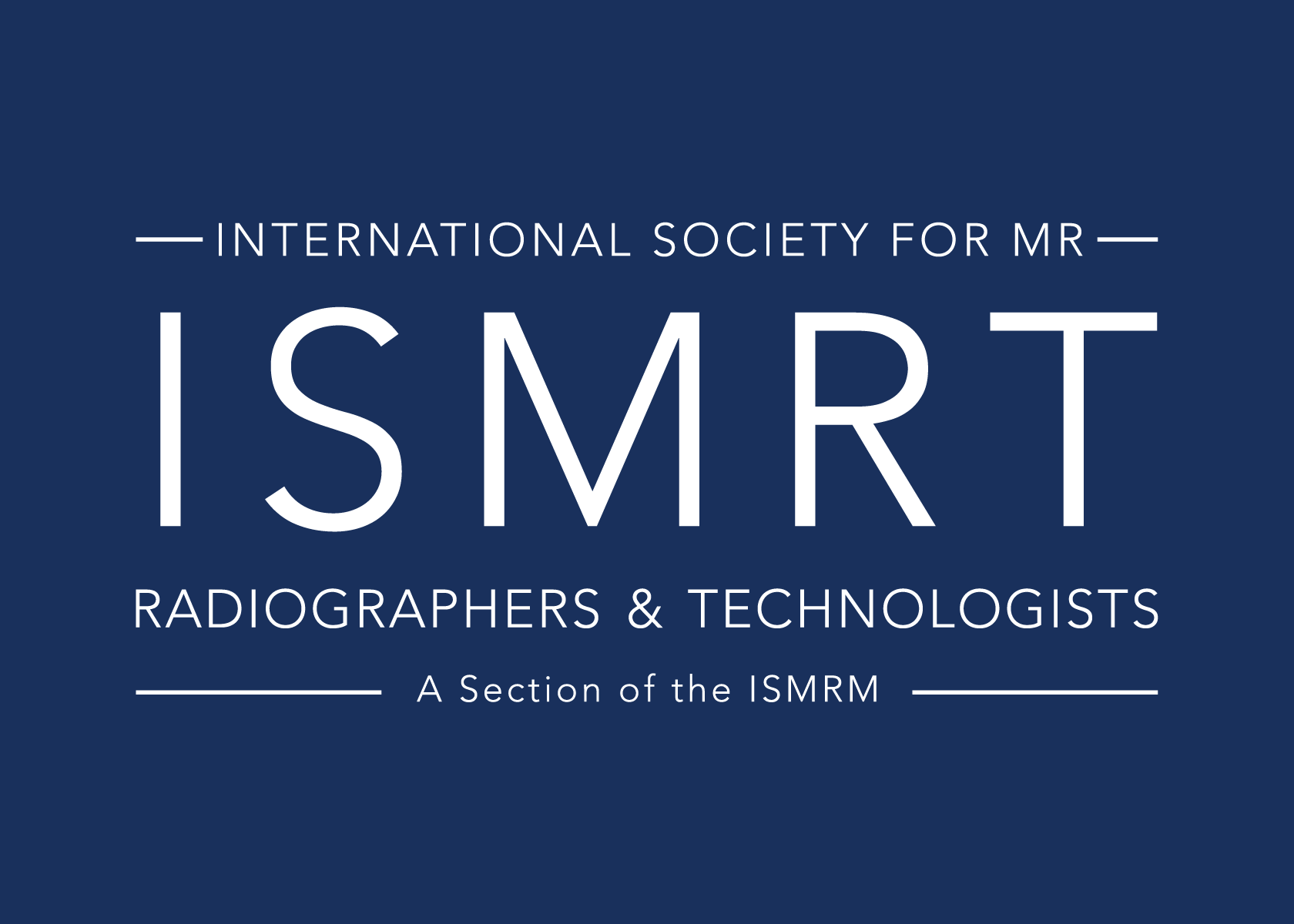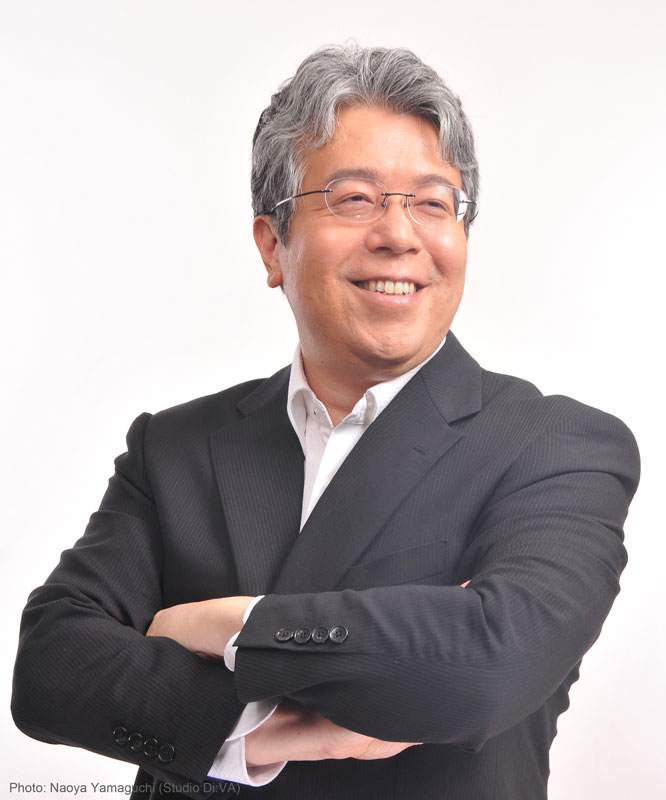
Ichio Aoki, Ph.D.
National Institutes for Quantum Science and Technology (QST)
Chiba, Japan
For his contributions to molecular MRI including the development of contrast agents and their proof of concept in preclinical studies.

Robin de Graaf, Ph.D.
Yale University School of Medicine
New Haven, CT, USA
For seminal contributions to the field in X nucleus spectroscopy and deuterium magnetic resonance imaging (DMI), dynamic and multi coil shimming, and heteronuclear editing in MRS.
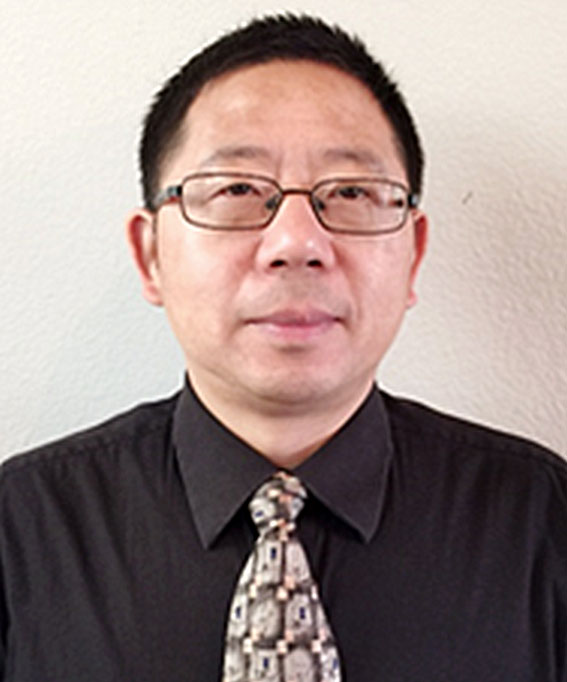
Jiang Du, Ph.D.
University of California, San Diego
La Jolla, CA, USA
For major contributions to the development of MR Angiography, imaging of “MR invisible” ultrashort T2/T2* tissues in the musculoskeletal system, and direct imaging of myelin in the brain.
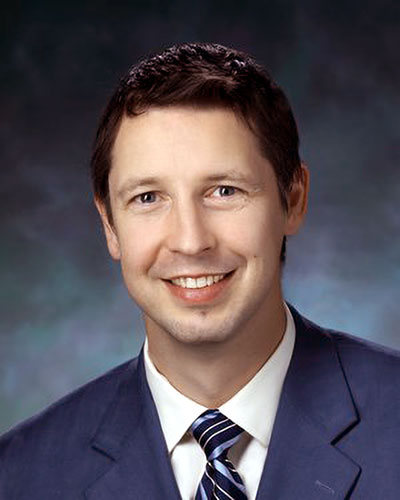
Richard Edden, Ph.D.
Johns Hopkins University School of Medicine
Baltimore, MD, USA
For his seminal contributions to GABA MRS; from methods development in terms of data acquisition and analysis techniques, to its translation to the clinical and neuroscience communities for the non-invasive measurement of GABA in the human brain.

Christopher Filippi, M.D.
Tufts University School of Medicine
Boston, MA, USA
For seminar contributions in translating advanced MRI imaging techniques to clinical applications, particularly diffusion tensor imaging, glymphatic flow, and artificial intelligence MRI diagnosis.
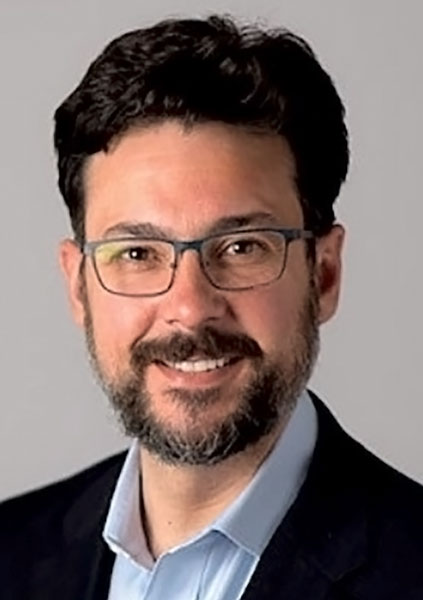
Christopher Hess, M.D., Ph.D.
University of California, San Francisco
San Francisco, CA, USA
For his outstanding contributions to the development of MR neuroimaging and its clinical application to vascular disease, brain development and degeneration, and epilepsy. He has been a champion for innovation and especially for application and validation of new MRI techniques in clinical neuroradiology.

Jacobus Jansen, Ph.D.
Maastricht University Medical Center
Maastricht, The Netherlands
For significant contributions to the development of advanced diffusion imaging and quantitative imaging methods, as well as their applications to neurological disorders.

Sune Jespersen, Ph.D.
Aarhus University
Aarhus, Denmark
For his pioneering development of microstructural MRI, which has now become an actively growing research area, aiming at evaluating the cellular properties of biological tissues in vivo.
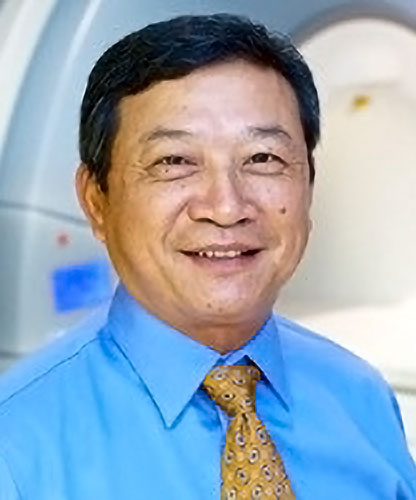
Hui Mao, Ph.D.
Emory University
Atlanta, GA, USA
For work in the design, synthesis, and characterization of magnetic iron oxide nanomaterials for MRI molecular imaging and for developing MRS-based methods for study of the metabolism of brain tumors and monitoring of treatment response.
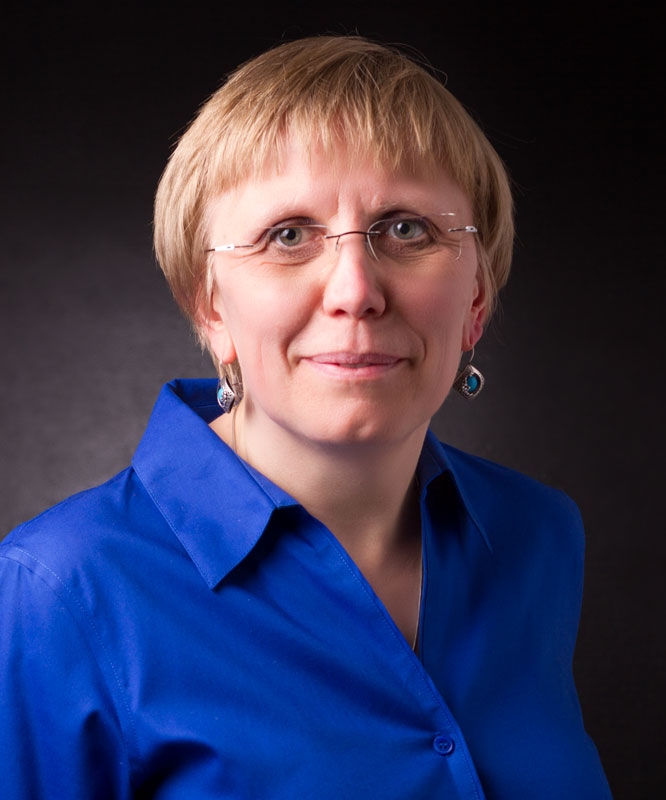
Malgorzata Marjanska, Ph.D.
University of Minnesota
Minneapolis, MN, USA
Dr. Marjanska is an outstanding expert in MR spectroscopy, its technical development and novel applications. She has influenced the in vivo MRS field considerably through the development of editing sequences, determination of metabolite relaxation times and most recently related to the first detection of cystathionine in human brain tumors.
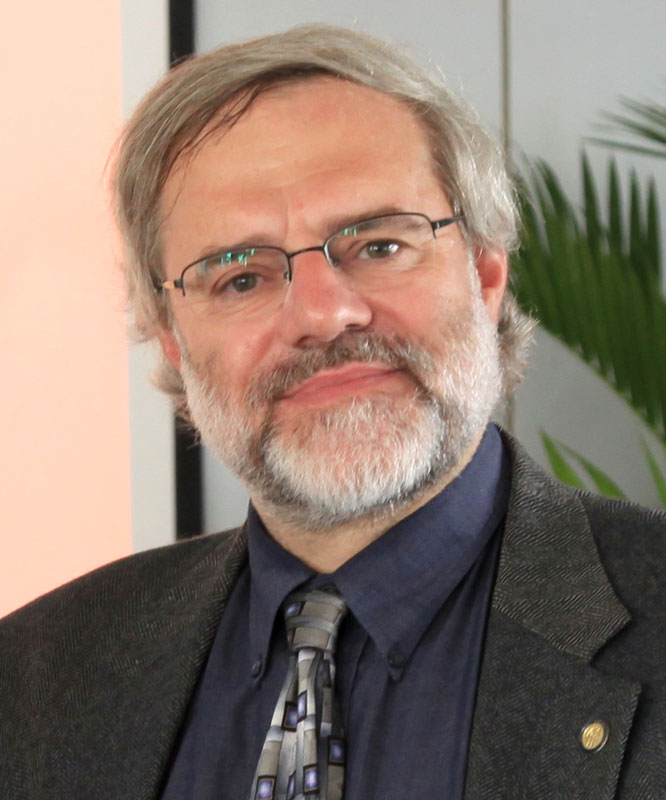
Ralph Mason, Ph.D.
Universit of Texas Southwestern Medical Center
Dallas, TX, USA
For pioneering work in development of MR methods to assess tissue oxygenation in cancer.
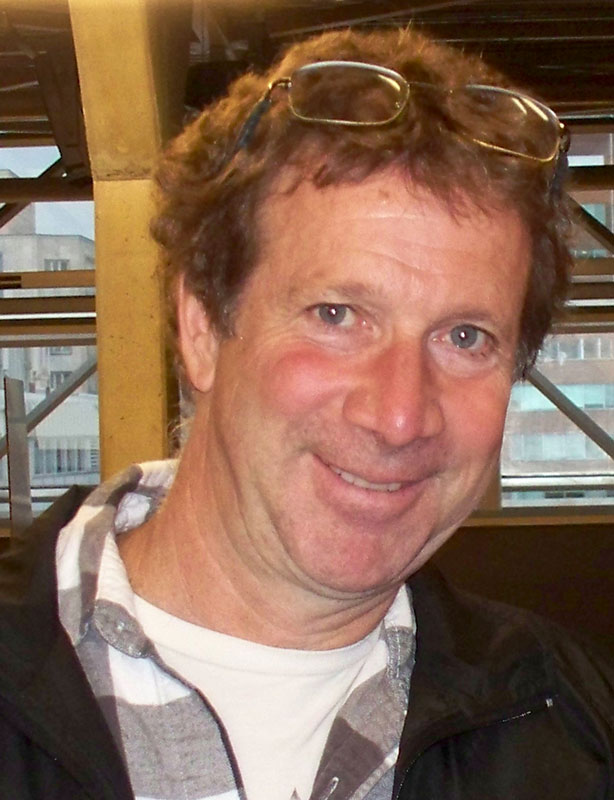
Robert Mulkern, Ph.D.
Harvard Medical School, Children’s Hospital of Boston
Boston, MA, USA
For outstanding contributions in several areas of magnetic resonance and most notably in the development of clinical fast imaging sequences, and in the description and analysis of diffusion- and T2-related effects.

Harald H. Quick, Ph.D.
University of Duisburg-Essen
Essen, Germany
For scientific contributions to multiple areas including moving table MRI enabling whole body MRI and MRA, intravascular device development, guidance and imaging, MR safety, high field MRI, MRI-PET hybrid imaging, and for numerous contributions to the ISMRM, including the much-loved “Sounds and Visions of MRI” sessions at annual meetings.

Howard Rowley, M.D.
University of Wisconsin-Madison
Madison, WI, USA
For his pivotal contributions of advancing sophisticated MRI techniques into clinical neuroradiology practice, serving as a dedicated educator and advocate at national and international levels.
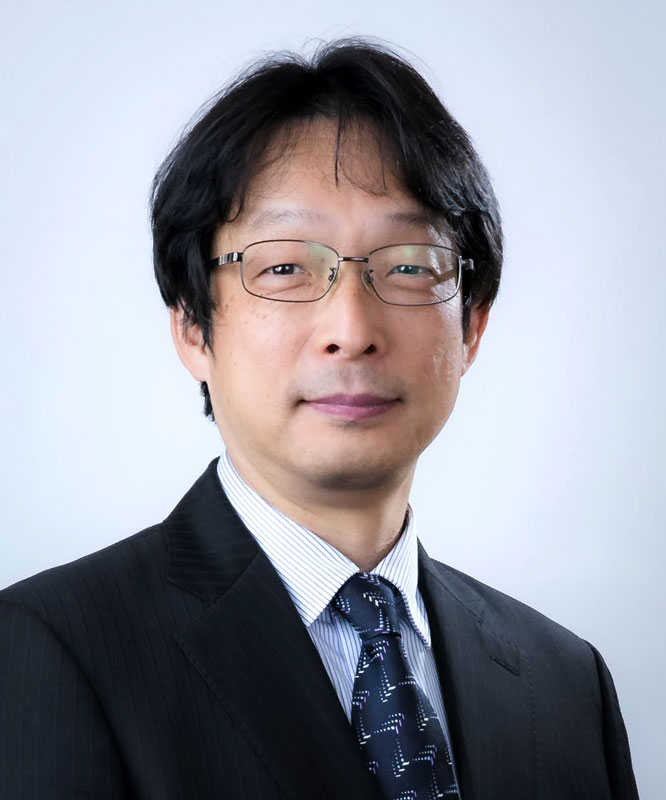
Toshiaki Taoka, M.D., Ph.D.
Nagoya University
Nagoya, Japan
For significant contributions to advanced applications of diffusion tensor imaging, in particular glymphatic system, ischemic brain diseases, and tract-based analysis.

Andrew Webb, Ph.D.
Leiden University Medical Center
Leiden, The Netherlands
For his significant contributions in the area of RF engineering, MR microscopy, and high-field imaging as well as for fundamental studies of brain function. More recently, being one of the leading champions of low-field, accessible MRI.

Oliver Wieben, Ph.D.
University of Wisconsin-Madison
Madison, WI, USA
For significant contributions to the advancement of 4D flow MR methods with high spatiotemporal resolution, as well as their clinical utility for quantifying cerebrovascular, renal, liver and placenta flow.
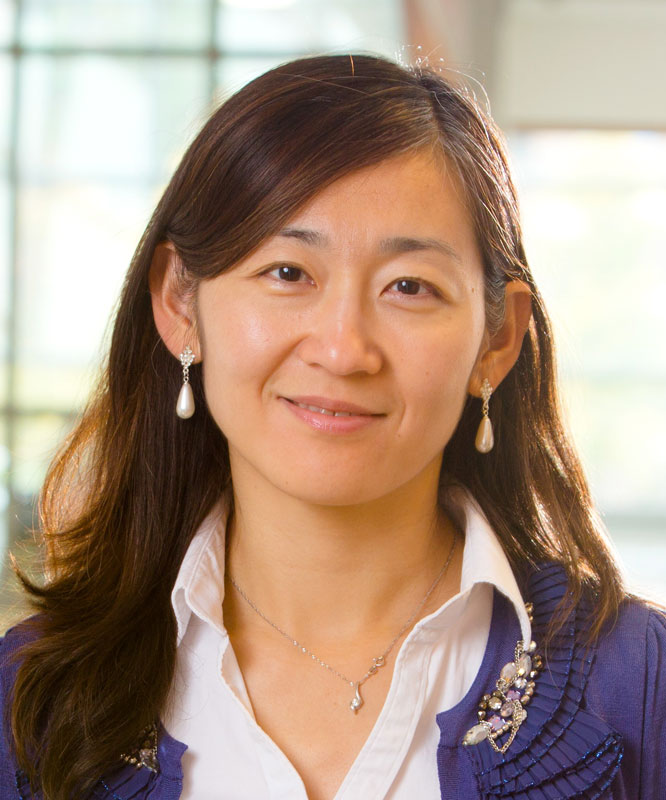
Lei (Leslie) Ying, Ph.D.
SUNY Buffalo
Buffalo, NY, USA
For her widely respected research in MR reconstruction methods, including the application of Tikhonov regularization methods to parallel imaging reconstruction.


